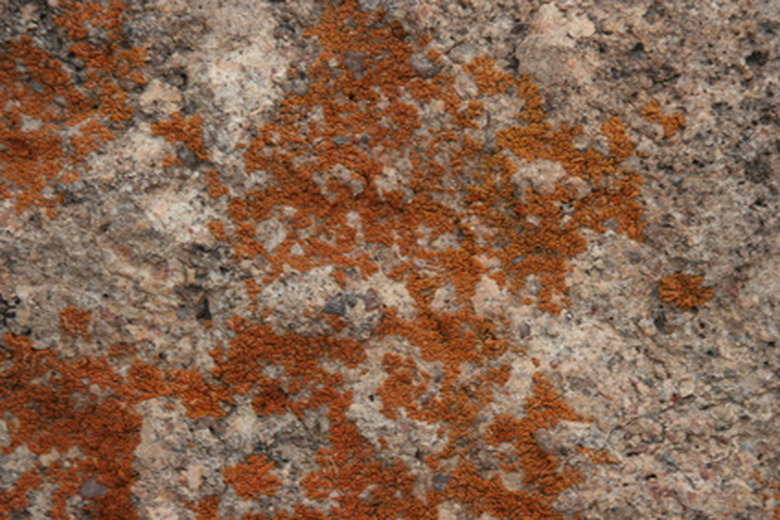How To Test For Mold In Water
Mold is a microscopic fungus that can be found almost anywhere, whether outside or indoors. Although we get a lot of good things from mold, such as yeast and penicillin, most molds are unwanted and potentially dangerous to humans. Mold seeks moisture, warmth, and something it can use as food, so it is most commonly found in bathrooms, kitchens, and sometimes water pipes leading to sinks, toilets and showers. Testing for mold in water is always a good idea, and can be done with a few tools.
Step 1
Purchase at least two mold testing kits. When testing for anything, it's always best to run the test more than once to confirm your results.
Step 2
Use a clean eye dropper to transfer about 10 drops of water onto the surface of a mold testing kit.
Step 3
Place the mold testing kit in a safe place where it will not be tampered with. Do not touch or move the sample for at least seven days.
Step 4
Observe any mold growth on the mold testing kit. If the test is clean, then your water is not contaminated with mold. If mold spores have began to grow on the kit, there is mold in your water.
Step 5
Repeat Steps 2 through 4 with at least one new mold testing kit to make sure the results are accurate.
Things Needed
- Two or three mold testing kit
- Eye dropper
TL;DR (Too Long; Didn't Read)
Do-It-Yourself mold testing kits can be found at your local home improvement or safety store. If you get different results from your different mold tests, run a third and maybe even a fourth test and go with the most common result.
Warning
Mold can be dangerous, especially if you are allergic to it or have certain respiratory problems. If you find that you have mold in your water, use bleach to kill it or call a professional mold treatment service.
Cite This Article
MLA
Yearout, Nikole. "How To Test For Mold In Water" sciencing.com, https://www.sciencing.com/test-mold-water-7816192/. 24 April 2017.
APA
Yearout, Nikole. (2017, April 24). How To Test For Mold In Water. sciencing.com. Retrieved from https://www.sciencing.com/test-mold-water-7816192/
Chicago
Yearout, Nikole. How To Test For Mold In Water last modified March 24, 2022. https://www.sciencing.com/test-mold-water-7816192/
